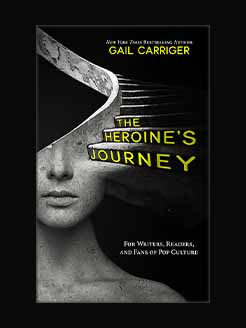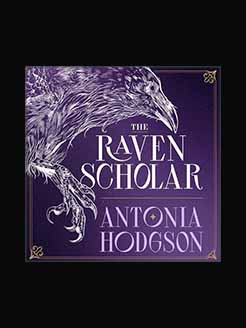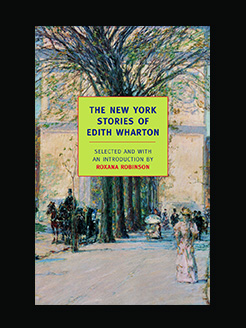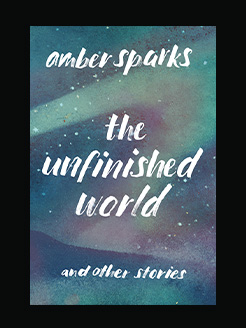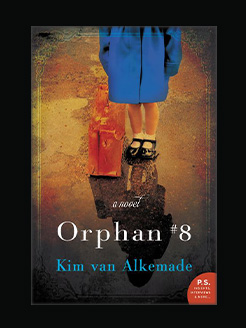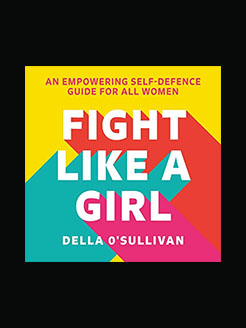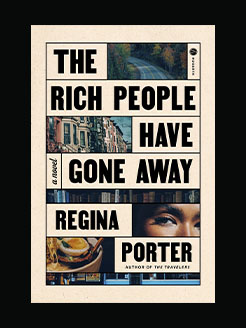Published in 2018 (first published 1977)
96 pages
3 hours and 3 minutes
Clarice Lispector was a Brazilian writer. Acclaimed internationally for her innovative novels and short stories, she was also a journalist. Born to a Jewish family in Podolia in Western Ukraine, she was brought to Brazil as an infant, amidst the disasters engulfing her native land following the First World War.
She grew up in northeastern Brazil, where her mother died when she was nine. The family moved to Rio de Janeiro when she was in her teens. While in law school in Rio she began publishing her first journalistic work and short stories, catapulting to fame at age 23 with the publication of her first novel, Near to the Wild Heart (Perto do Coração Selvagem), written as an interior monologue in a style and language that was considered revolutionary in Brazil.
She left Brazil in 1944, following her marriage to a Brazilian diplomat, and spent the next decade and a half in Europe and the United States. Upon return to Rio de Janeiro in 1959, she began producing her most famous works, including the stories of Family Ties (Laços de Família), the great mystic novel The Passion According to G.H. (A Paixão Segundo G.H.), and the novel many consider to be her masterpiece, Água Viva. Injured in an accident in 1966, she spent the last decade of her life in frequent pain, steadily writing and publishing novels and stories until her premature death in 1977.
She has been the subject of numerous books and references to her, and her works are common in Brazilian literature and music. Several of her works have been turned into films, one being Hour of the Star and she was the subject of a recent biography, Why This World, by Benjamin Moser.
What is this book about?
The Hour of the Star, Clarice Lispector’s consummate final novel, may well be her masterpiece.
Narrated by the cosmopolitan Rodrigo S. M., this brief, strange, and haunting tale is the story of Macabéa, one of life’s unfortunates. Living in the slums of Rio and eking out a poor living as a typist, Macabéa loves movies, Coca-Colas, and her rat of a boyfriend; she would like to be like Marilyn Monroe, but she is ugly, underfed, sickly, and unloved. Rodrigo recoils from her wretchedness, and yet he cannot avoid the realization that for all her outward misery, Macabéa is inwardly free. She doesn’t seem to know how unhappy she should be.
Lispector employs her pathetic heroine against her urbane, empty narrator – edge of despair to edge of despair – and, working them like a pair of scissors, she cuts away preconceived notions about poverty, identity, love, and the art of fiction. In her last book, she takes us close to the true mystery of life and leave us deep in Lispector territory indeed.
